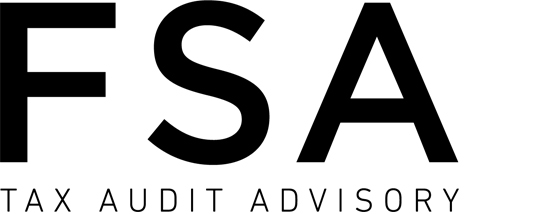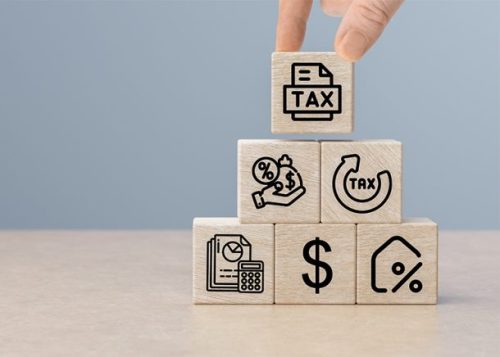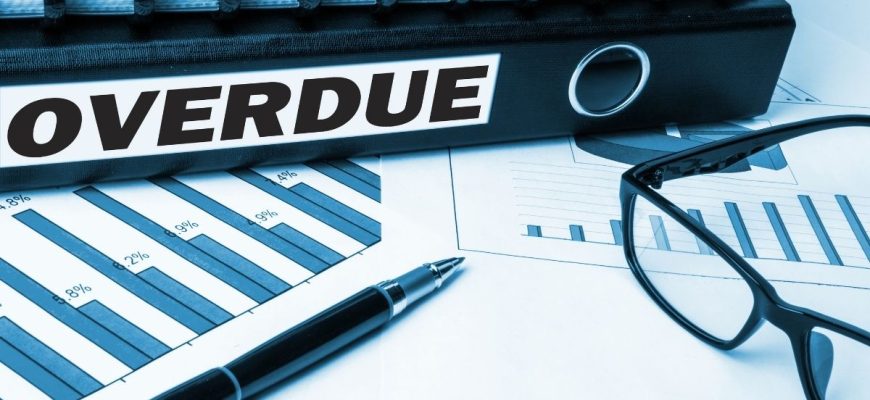The ATO reminds employers they need to keep on top of their payroll governance. This includes:
- using their tax and super software to record the amounts they pay;
- withholding the right amount of tax; and
- calculating superannuation guarantee (‘SG’) correctly.
As 30 June gets closer, employers should check their reporting obligations, along with any upcoming key dates, including for:
- PAYG withholding — From 1 July, the individual income tax rate thresholds and tax tables will change, which will impact their PAYG withholding for the 2025 tax year;
- SG rate change — From 1 July, the SG rate will increase to 11.5%. Employers must pay their SG contributions by 28 July in full, on time and to the right fund; and
- Single touch payroll (‘STP’) reporting — Employers should remember to make STP finalisation declarations by 14 July for all employees the employer has paid during the financial year, and also check their employees’ year-to-date amounts are correct.










